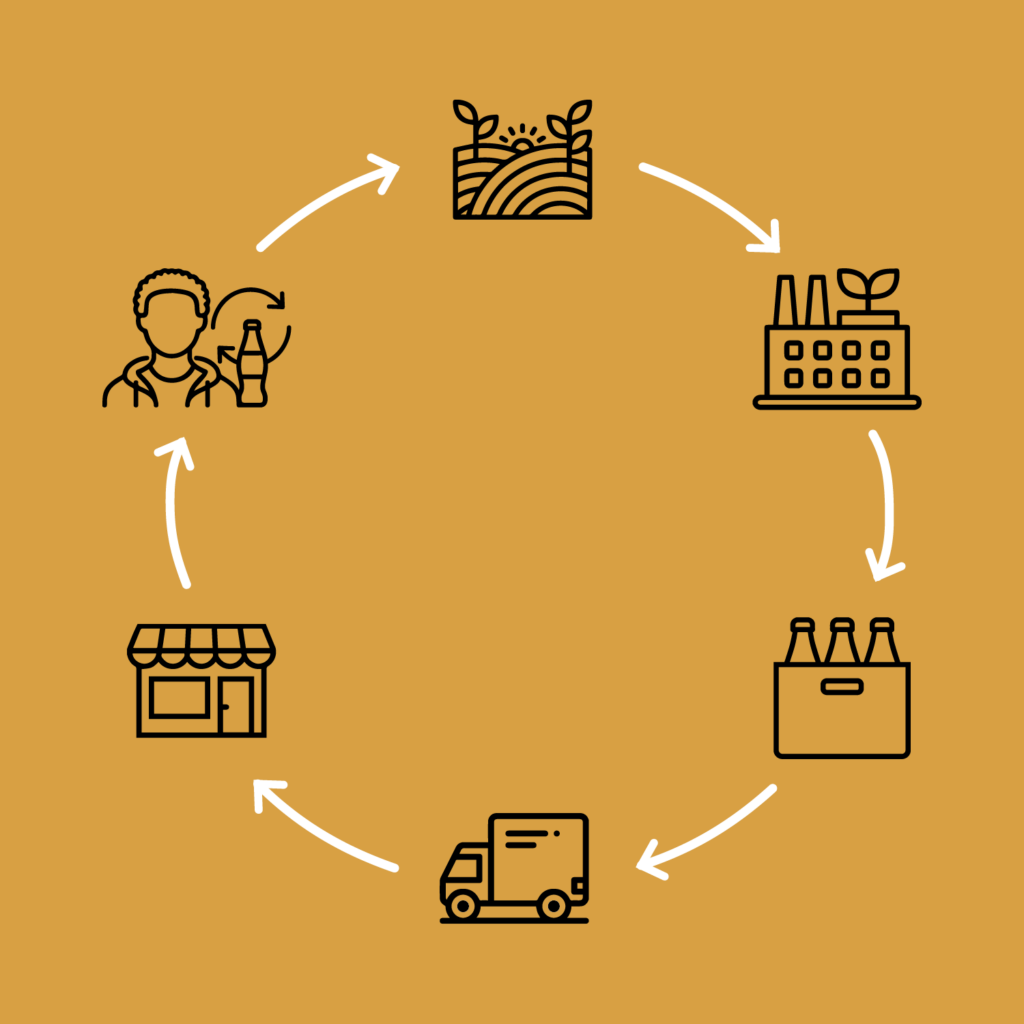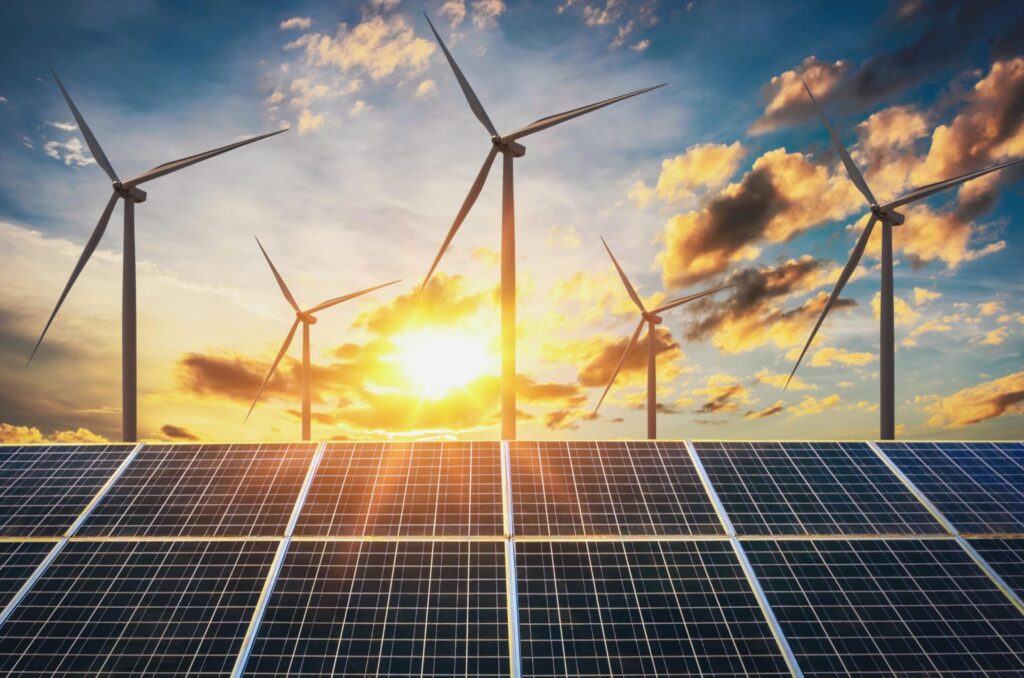
The growing urgency of climate change presents an unparalleled challenge for humanity and highlights the pressing need for unified global action.
Scientific consensus affirms that achieving net zero emissions worldwide by 2050 is crucial to avoiding the most severe consequences of global warming. This target is essential to keep the global temperature rise below 1.5°C above pre-industrial levels, a threshold beyond which the risks to ecosystems, human health, and economies increase significantly.
At ECCBC, we recognize the weight of our responsibility, especially given our broad presence across Africa. The continent is particularly vulnerable to climate change impacts, including prolonged droughts, extreme weather, and threats to food and water security. In response, ECCBC has taken meaningful steps in recent years to reduce greenhouse gas (GHG) emissions across our entire value chain. While we have made important progress, we remain committed to intensifying our efforts to support the resilience of the communities we serve and to protect the health of our planet.
Levers of change
Ensure use of renewable energy where feasible
Reduce total energy consumed by our coolers by expanding solar and optimization
Incorporate electric and hybrid vehicles alternatives to our fleet
Energy efficiency certifications
Most of ECCBC’s plants have already attained ISO 50001 certification, reflecting a strong focus on improving energy efficiency, minimizing environmental impact, and optimizing operational costs. For the remaining sites working toward certification, ECCBC is investing in staff training, infrastructure upgrades, and enhanced energy performance monitoring systems to ensure full compliance. This ongoing effort reinforces our leadership in sustainable energy management within the beverage industry and supports our broader goals to reduce carbon emissions, address climate change, and drive long-term operational sustainability through continuous improvement.

Transition to Climate-Friendly Cooling Systems
ECCBC has initiated the replacement of traditional air conditioning systems using R134a refrigerant with newer, high-efficiency units that utilize R290—a natural refrigerant with significantly lower global warming potential (GWP). This transition not only reduces energy consumption but also aligns with our sustainability objectives by minimizing the environmental impact of our cooling operations. The adoption of R290, known for its superior thermodynamic performance and reduced greenhouse gas emissions, represents a key step in decarbonizing our operations and enhancing the environmental performance of our facilities across our territories.

Advancing our decarbonization journey through strategic partnerships
Following an initial carbon footprint assessment and the development of a decarbonization roadmap in 2023, ECCBC has entered a deeper phase of work in collaboration with The Coca-Cola System in Africa to further strengthen our approach to emissions reduction. This phase focused on refining our understanding of emission drivers across operations and identifying pathways for more ambitious and impactful climate action. Our efforts continue in this direction, reinforcing our commitment to building a robust, data-informed decarbonization strategy across all business units and geographies.


Deployment of Internal SBTi-Aligned CO₂ Accounting Tool
To support our decarbonization efforts, ECCBC has developed an internal tool to calculate and monitor our carbon footprint across Scopes 1, 2, and 3. This tool enables each business unit to collect and consolidate emissions data in a consistent, standardized way, improving accuracy, traceability, and decision-making. By integrating emissions tracking directly into our operations, we are better positioned to identify key reduction levers, align with the GHG Protocol, and drive accountability across the organization. The tool is continuously being refined to capture more detailed data and support long-term emissions reduction planning.
Integrating Renewable Energy into Our Operations
At ECCBC, our commitment to environmental sustainability is driving the transition towards cleaner energy solutions. We are now advancing with on-site solar energy projects through Power Purchase Agreements (PPAs) at selected facilities, enabling the use of renewable electricity without the need for direct capital investment. This approach supports our efforts to diversify the energy mix across our operations while reducing reliance on fossil fuels. In parallel, we continue to assess additional opportunities to expand renewable energy use, reinforcing our ambition to lower our carbon footprint and contribute to a more sustainable and resilient energy model.


